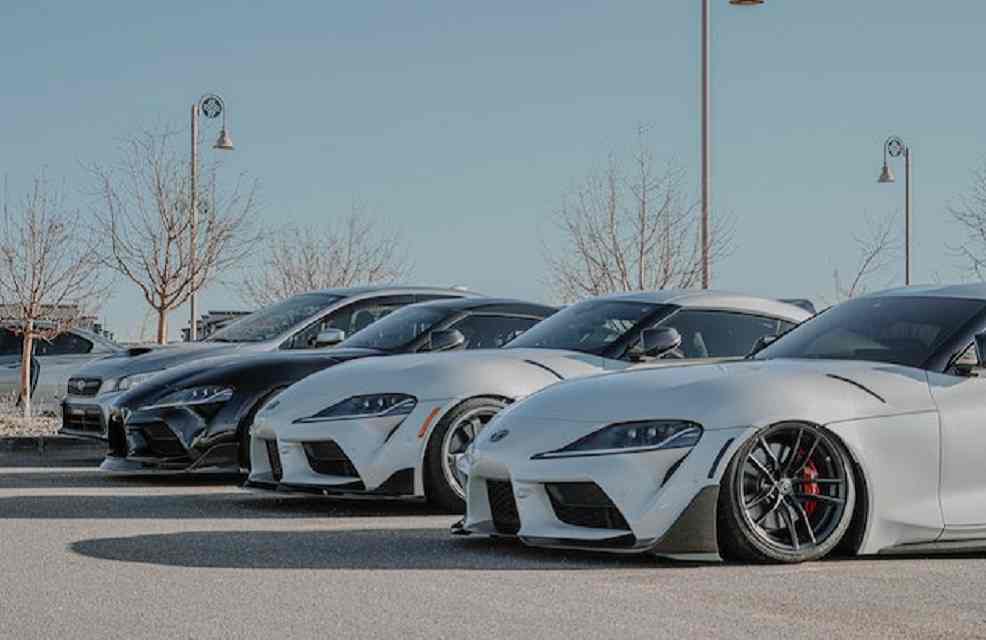Europe, long-known for its deep-rooted preference for diesel vehicles, is witnessing a transformative shift within the automotive sector. Certainly, the Europe BEV surge is poised to significantly impact the diesel vehicle market in the region. The familiar backdrop, where high petrol costs drove consumers towards economical diesel cars, ranging from modest hatchbacks to plush sedans, is gradually receding. As per the data released by the European Automobile Manufacturers Association (ACEA), this surge heralds a new landscape emerging in June 2023.
It is the first time in automotive history, Battery-Electric Vehicles (BEVs) have triumphed over diesel counterparts in sales within the European Union. A dramatic 66.2% leap in BEV sales carved out a 15.1% market share, a notable ascension from the preceding year’s 10.7%.
Despite this promising evolution, the embrace of BEVs varies significantly across EU nations. Spearheading the transition is the Netherlands with an extraordinary 90.1% increase in BEV sales. Germany and France are hot on their heels, marking increases of 64.4% and 52.0% respectively. On the other hand, countries like Romania and select Eastern European nations uphold their affinity for diesel, with Romania reporting a 22.4% surge in diesel sales in the same timeframe.

Notwithstanding the electric revolution, gas-powered models persist as the market dominators in Europe, occupying a robust 36.3% share. Hybrid vehicles nestle into second place, claiming 24.3% of the market. The fate of plug-in hybrids (PHEVs) presents a contrasting picture, with Germany witnessing a 39.2% dip, while Spain revels in a 51.7% boost in market share.
Despite this shifting tide, diesel vehicles continue to command relevance in specific markets. Smaller Eastern European nations, for instance, steadfastly uphold their loyalty to diesel.
The rise of BEVs has thrown into the spotlight an unexpected trend: the top-selling electric models on European roads are not birthed by local automakers. Tesla’s Model Y emerged as the undisputed market leader in the first half of 2023. Further surprising industry pundits, an array of Chinese-manufactured electric vehicles have started making their mark on the European market.

This unfolding saga in the European automotive sector aptly illustrates the dynamic evolution of the global auto industry. Shaped by shifting consumer preferences, rigorous regulatory mandates, and the entrance of global contenders, this saga underscores a reshaping of the future of mobility – one that is decidedly more electric.
EV WORLD | Ford Slashes F-150 Lightning Prices, Boosts Production Amid Evolving EV Market





